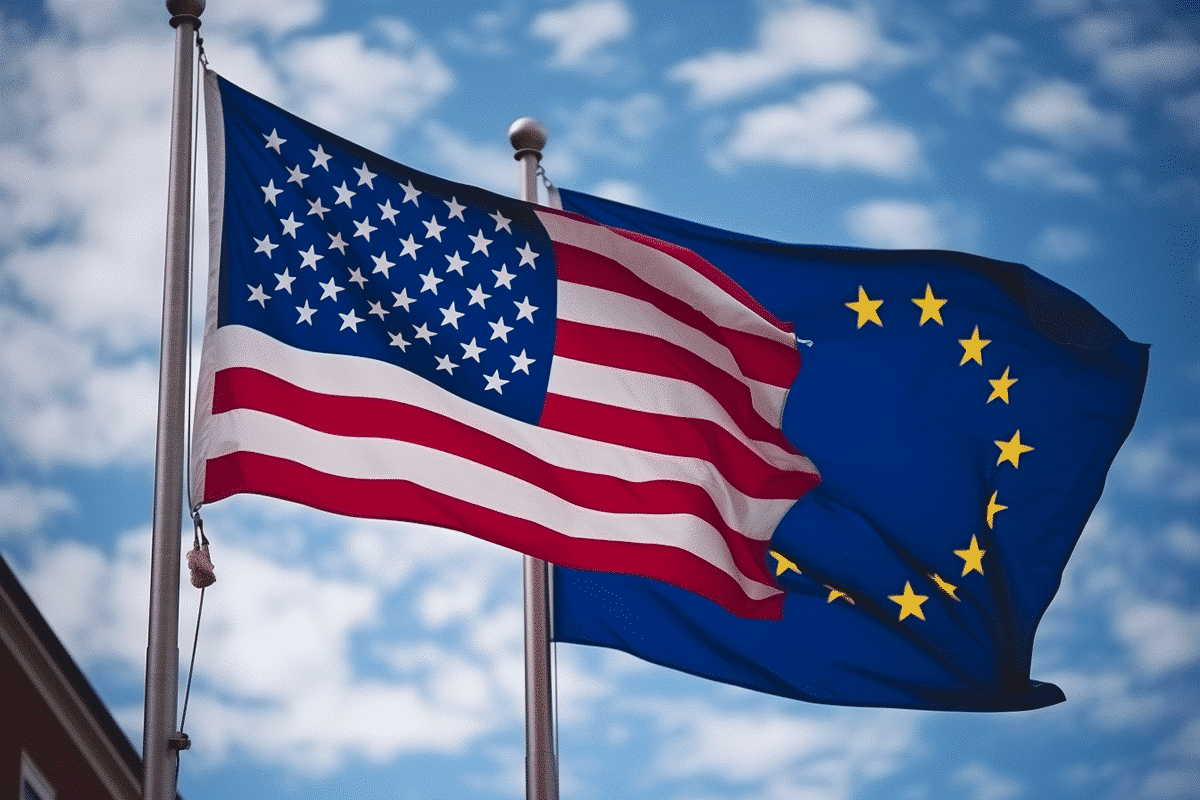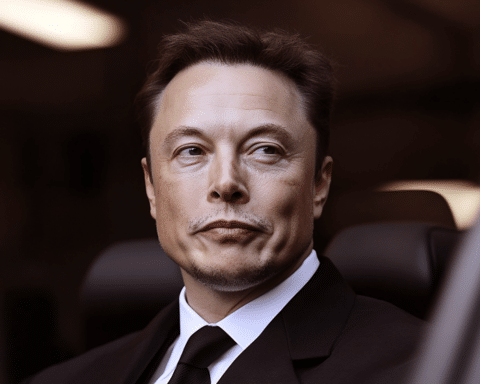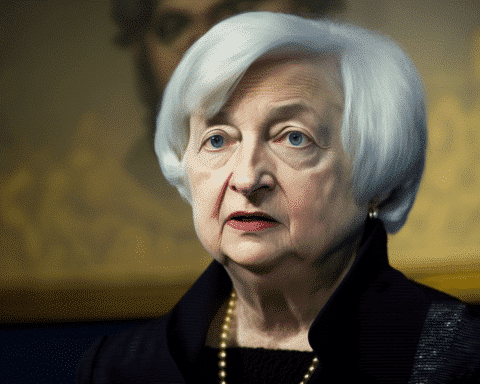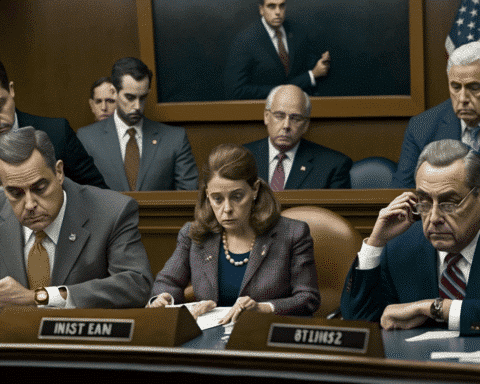With rising uncertainties across the Atlantic, Europe faces a new era of security challenges. The recent political climate in the United States, notably since Donald Trump’s 2016 presidential campaign, has cast doubts over the steadfastness of U.S. commitments to NATO. This apprehension stems from Trump’s suggestion that the U.S. might not defend NATO countries if they were attacked, signaling a potential shift in the longstanding trans-Atlantic alliance.
Trump’s “America First” rhetoric has resonated deeply with his supporters, pushing the future of NATO to the forefront of international discourse. In response, European leaders have recognized the necessity for the alliance to adapt to the 21st-century landscape. This evolution means that Europe must assume greater responsibility for its defense, a realization that has significantly shaped the continent’s strategic outlook over the past eight years.
Europe’s wake-up call during the Trump presidency was the realization that the reliability of U.S. military support was no longer assured. This revelation was further underscored by Russia’s aggressive actions, including the invasion of Ukraine, which highlighted the immediate threat on Europe’s eastern border. Concurrently, the U.S. has increasingly focused on the strategic challenges posed by China’s expansion in the Asia-Pacific, as well as concerns related to Iran and North Korea.
In light of these developments, European Union foreign policy chief Josep Borrell recently emphasized the need for Europe to bolster its own security measures. He noted the inevitability of the U.S. pivot to Asia, regardless of the outcome of future elections, underscoring that Europe must do more to ensure its security.
For over seven decades, European nations have relied heavily on U.S. leadership within NATO, benefiting from its overwhelming nuclear and conventional military capabilities. However, with diverging interests between the U.S. and Europe, there is a pressing need for Europe to take on a larger role in both funding and leading the 32-nation alliance. This shift is echoed by experts who foresee a NATO where the U.S. remains a part but is no longer the indispensable leader.
NATO’s origins date back to post-World War II, with the founding members signing the North Atlantic Treaty in 1949 to create a coordinated defense mechanism against Soviet aggression. Historically, the U.S. has played a pivotal role, with its military expenditures nearly doubling those of all other NATO members combined. However, recent political developments, including Trump’s nomination of JD Vance as his running mate, who opposes U.S. support for Ukraine, highlight the growing expectation for Europe to enhance its defense capabilities.
The European Union has already begun addressing these concerns by planning substantial investments to strengthen its defense industry. This includes initiatives to streamline arms procurement and boost domestic production, reducing dependency on American military supplies. French President Emmanuel Macron has been a vocal advocate for European nations to seek greater autonomy in defense matters.
Furthermore, NATO must adapt to address not only the conventional threats from Russian aggression but also the emerging challenges posed by Iran, China, North Korea, cyber warfare, and foreign interference in elections. This requires European nations to enhance their military capabilities, including increasing troop numbers, upgrading equipment like tanks and fighter planes, and improving their defense against technological threats.
A notable model for self-reliant defense within NATO is seen in its newest members, Finland and Sweden. These historically non-aligned nations have developed robust defense strategies to counter Russian threats independently, equipping their militaries with comprehensive capabilities. This stands in contrast to other NATO countries, which have traditionally relied on U.S. leadership and resources.
The recent political landscape in the U.S. further emphasizes the need for Europe to stand on its own. Delays in U.S. military aid to Ukraine, due to internal political disputes, have exposed the risks of over-reliance on American support. As Europe navigates this complex security environment, the realization that it can no longer depend solely on U.S. protection has become starkly apparent.
Europe is at a pivotal juncture, reassessing its security strategies in the face of trans-Atlantic uncertainty. The continent must enhance its defense capabilities, assume a greater leadership role within NATO, and prepare for a future where its security is increasingly self-reliant. The changing dynamics underscore a broader shift towards a more balanced and autonomous European defense posture.




